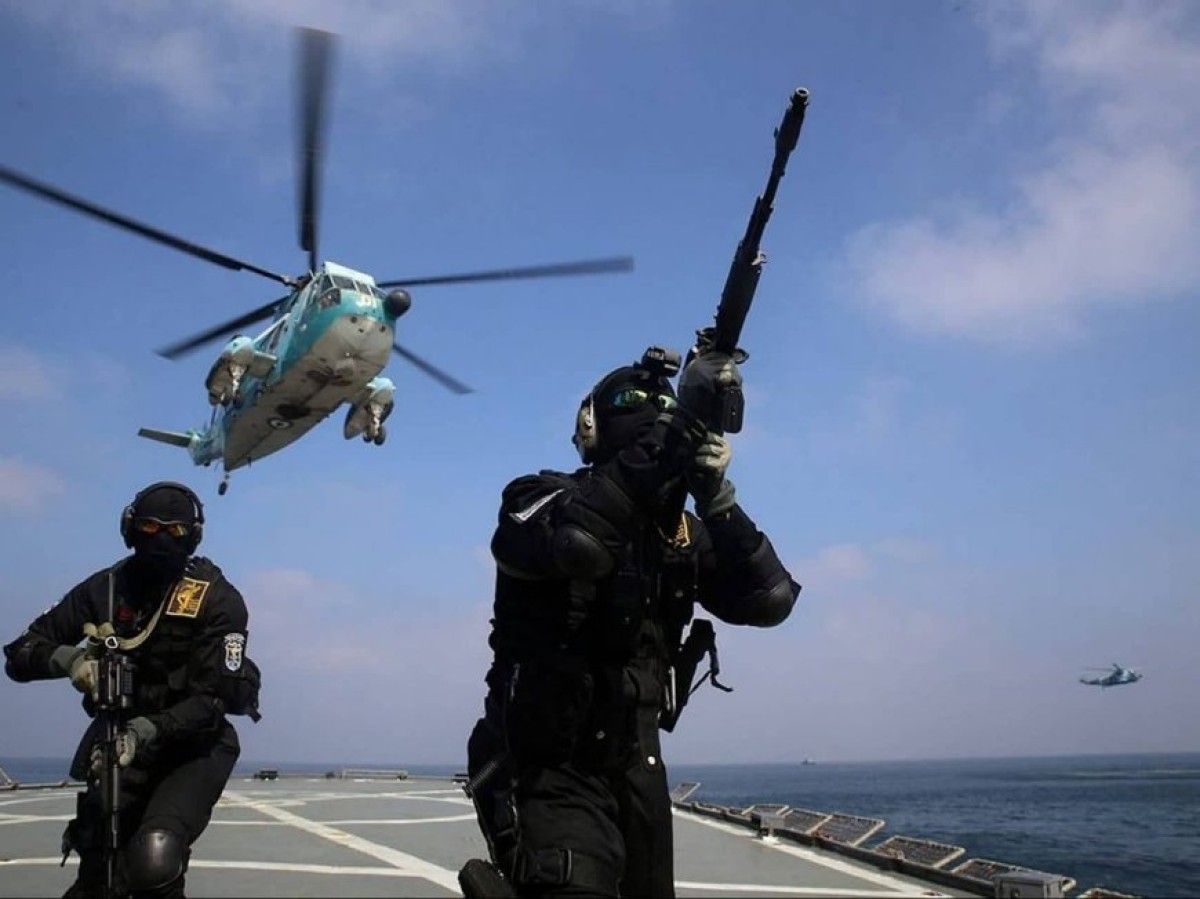 135
135
By: A. Ansari
Jake Sullivan, the US National Security Adviser, recently said that Israel will have freedom of action against Iran's so-called nuclear threat. Reading between the lines, the remark implies that Israel is free to confront Iran militarily but should not count on the United States for support. On the other hand, Iran employed Sullivan's statements to insinuate that the United States bears responsibility for any actions taken against Iran.
Ali Shamkhani, Secretary of Iran's Supreme National Security Council, went even further, saying that Sullivan's statement proves that the US has been and will be accountable for all terrorist activities committed by the Zionists against the Iranian nation. If Iran blamed most of the enemy's subversive activities against its national interests on the Zionist regime, it appears that Tehran has lately decided to settle its account directly with Washington.
In fact, this strategy has long been a cornerstone of Iranian foreign policy. This claim is supported by the fact that when the Zionist regime attacks Syria, Tehran, in some cases, carries out strikes on US military bases in Syria or Iraq in retaliation for intelligence sharing between the US and Israel. Also, by seizing two American oil tankers within a single week, the Islamic Republic demonstrated that it had abandoned its earlier political considerations and was ready to engage with Americans without any reservations.
This emerging strategy could not have come into fruition unless the Iranian leadership established a strong deterrent balance against the collapsing US hegemony. The recent incident has highlighted the importance of the United States making an immediate decision on the future of its military presence in the Middle East. Indeed, as the Islamic Republic of Iran strives to expand its control over the Persian Gulf, the theatre for Yankee invaders in Iraq and Syria will shrink.
Over the past few years, Iran and its allies in the Axis of Resistance have assessed the capabilities of Israel and the US in the region in several stages, and each time they have gained a deeper understanding of the Western-Zionist front's potential vulnerabilities. Furthermore, the unwavering determination of the Axis of Resistance caused the Arab regimes to diverge somewhat from Washington and Tel Aviv.
Israel's darkest fears will come true when the United States yields to Iranian pressure and leaves the Middle East. The United States has a choice between preserving its reputation and ensuring Israel's survival. Many analysts concur that when the day comes, Washington will choose to trample on Israel rather than risk jeopardising its own interests.
The desperate statements of the US National Security Adviser regarding Israel's freedom of action to attack Iran's nuclear facilities amount to the US withdrawing from the battle scene with a mighty Iran and leaving Israel's fate to itself.
A few days ago, Israel's Minister of War claimed that Iran had stockpiled enough uranium to build five bombs, while the same Mr. Sullivan expressed the US' commitment to pursuing diplomatic solutions with Iran following the seizure of US oil tankers in the Persian Gulf by the Iranian navy. What else could this be than desperation on the part of the US and the Zionist regime in the face of Iran's rising military power?
Comment
Post a comment for this article